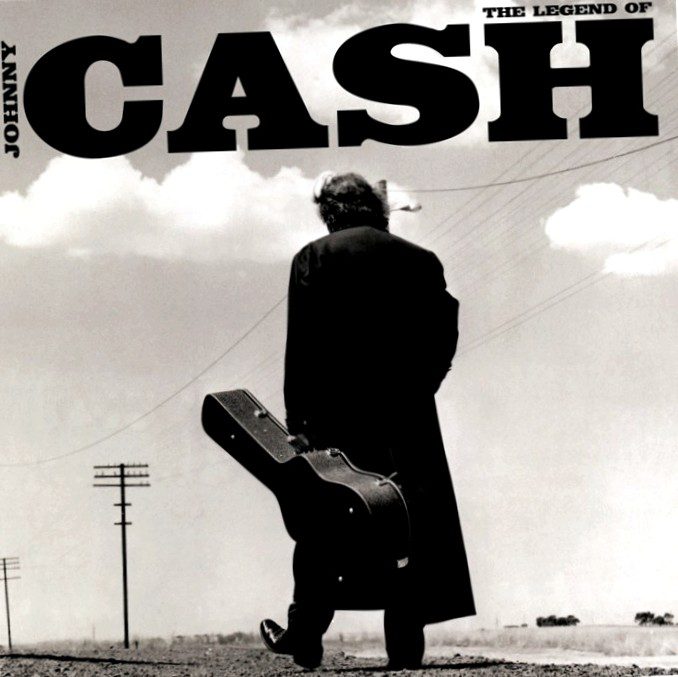
Now also Reppenstedt has abolished the unpopular street extension contributions, an often sensitively high financial participation of the residents in the costs for repair of roads and ways. The other Gellerser municipalities had already done this years ago, in the much larger Reppenstedt the discussion about funding lasted longer. The reason was the weighing of several models, because the council had been in agreement for a good ten years that no more contribution notices should be sent out (which did not happen during this time). Alone, none of the models is really unconditionally good.
Model "property tax"
In principle, the "property tax" model was already on the tables of the constituent municipalities in 2012. However, due to a legal dispute, the issue has been postponed indefinitely for the time being. According to this model, road expansion contributions are completely waived. Instead, the property tax is raised to such an extent that the additional revenue can be used to finance the repairs. The burden is therefore distributed among all residents. Besides, the administration saves a lot of work, because the settlement of contributions is complex and is often decided only in court. The disadvantage is that taxes cannot be levied for a specific purpose and the additional revenue must first be used to balance the budget and could therefore not be fully available for road maintenance. In the prosperous Reppenstedt a rather theoretical problem. In addition, a good part of the property taxes goes to the joint municipality and the district, which therefore earn a little bit from each increase.




